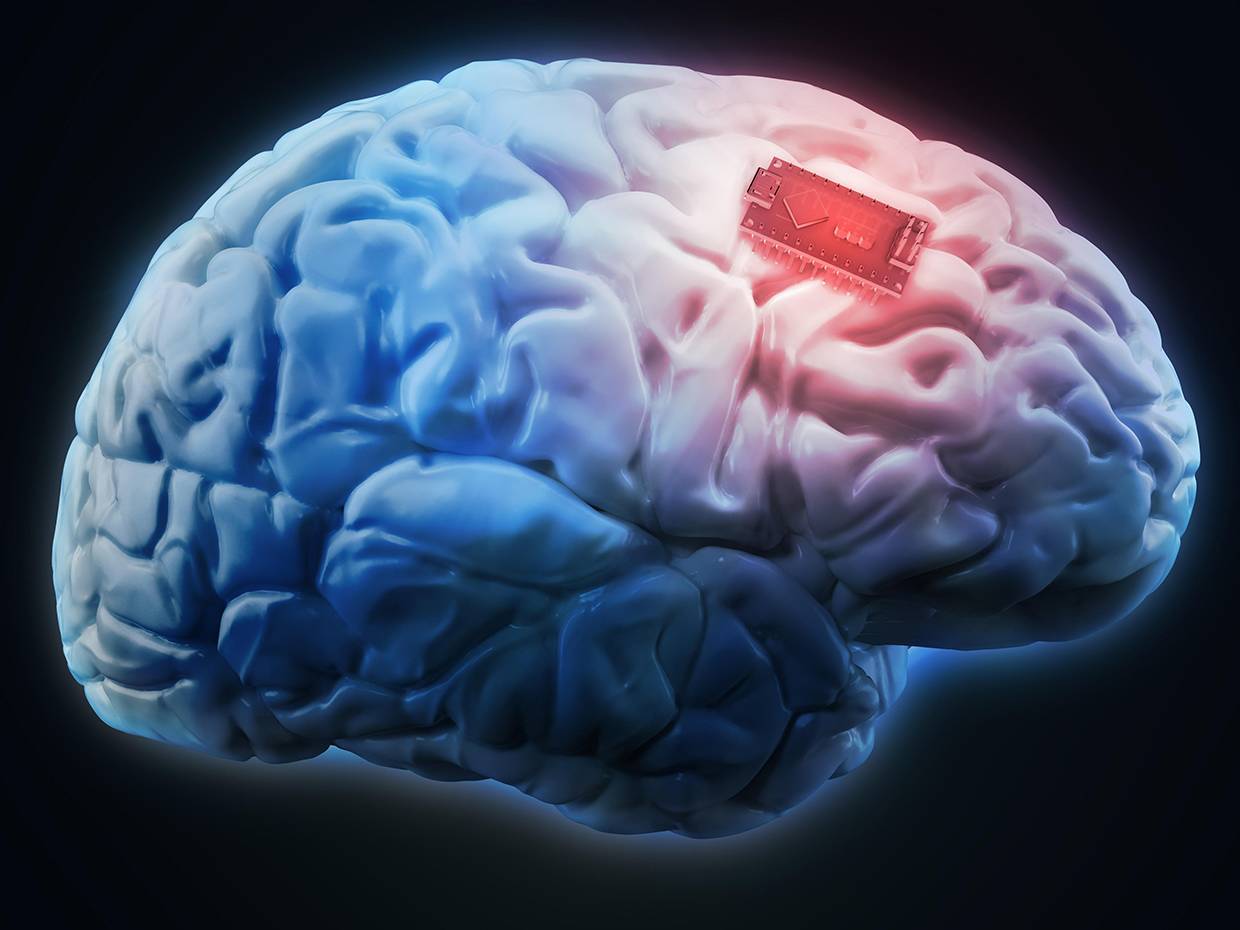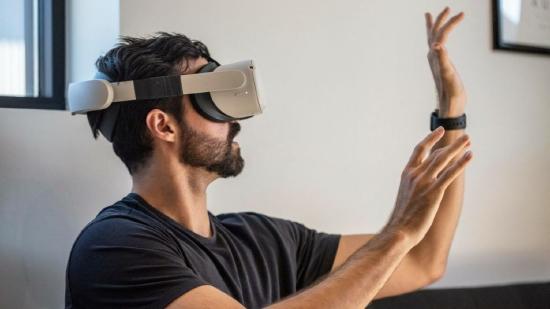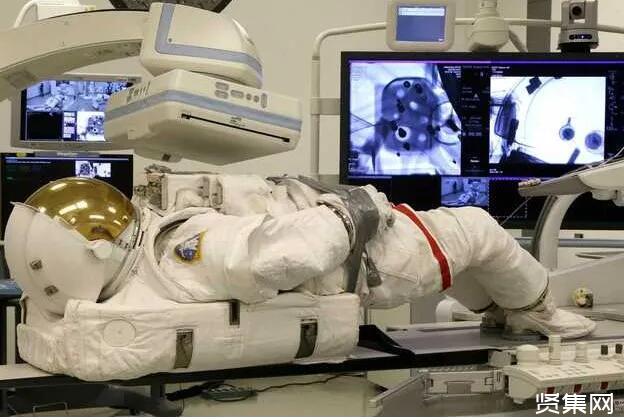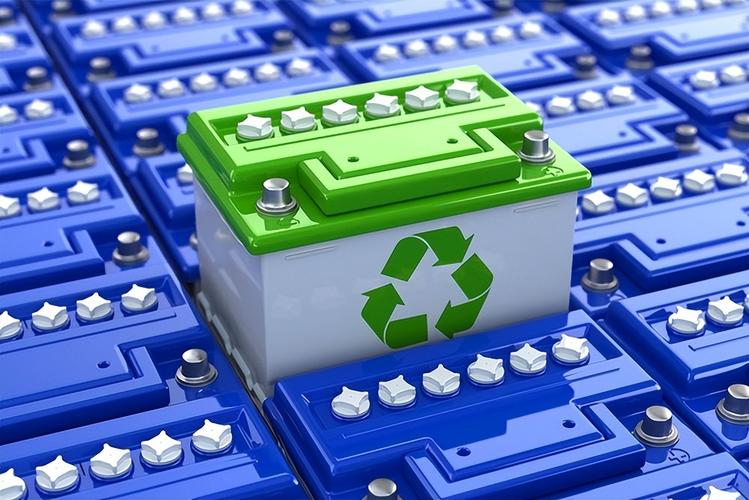An amazing medical breakthrough was recently revealed at the Society for Neuroscience: a team funded by the U.S. Defense Advanced Research Projects Agency (DARPA) has designed an AI-controlled brain chip. The chip can send electrical impulses to "control" human emotions and behaviour. Upon hearing this news, we can't help but start to imagine whether AI can control us. What prospects does this ability to control emotions and behaviour hold? And where are the ethical boundaries behind all this? As exciting as this technology sounds, we can't ignore the risks involved. After all, if this technology were to fall into the wrong hands, the consequences would be catastrophic. Imagine that your brain becomes a giant console, and AI is the "little devil" on that console. It will "play" with your emotions and behaviour by sending electrical impulses. Doesn't that sound scary?
But don't worry, it's just a metaphor. In reality, AI doesn't control us. Our brain is a complex system with countless neurons and synaptic connections, and AI only affects our emotions and behaviours through algorithms that mimic these connections. And this influence is very limited: AI can only react to our brain activity, it can't directly "order" us to do anything.
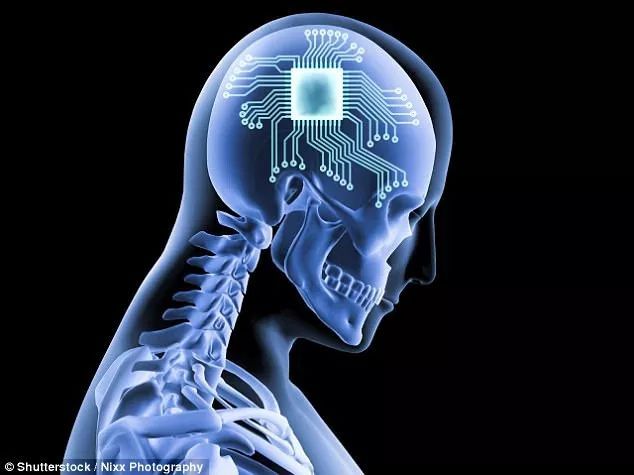
Therefore, we must take this issue seriously and clarify the ethical boundaries. Only on the premise of ensuring the safety and ethics of the technology can we further explore its possible applications. The purpose of this technology is to install a "repair switch" in the brain. When an affective disorder occurs, the chip acts as a "brain nurse", using precise algorithms to send electrical impulses to the brain to stimulate specific areas and help the brain regain its health. For soldiers and veterans suffering from depression, post-traumatic stress disorder and other serious mental illnesses, as well as Alzheimer's patients, this technology is like a "magic key" that opens the door to new treatments for them.
The implanted chip acts as a "brain guardian", providing timely treatment for the patient's brain without the presence of a doctor. Instead of relying solely on the doctor's judgment, the treatment is based on physiological signals and is customized for each patient. This treatment is called deep brain stimulation and is like a deep massage of the brain. In the past, this method was mainly used to treat movement disorders such as Parkinson's, but in experiments for mental disorders, the results were not as good as expected. It's like an experiment where researchers tried to alleviate chronic depression by continuously stimulating a fixed area of the brain, but after a year of treatment, the patient's condition didn't improve significantly.
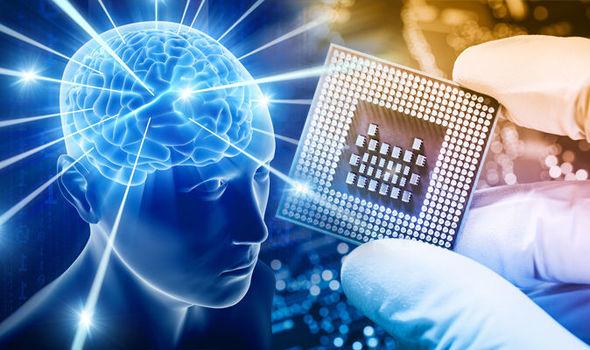
It's like an insurmountable obstacle in the treatment process that needs to be further researched and explored. Moreover, this technology is like a double-edged sword, which can be used by researchers to "invade" and "control" someone's inner emotional feelings in real-time, or it can be utilized by people with ulterior motives, resulting in serious consequences. In addition, implanting a chip to stimulate the brain is like walking a tightrope, requiring precise control over the level of stimulation. If the stimulation is overdone, it can be like pushing the implanted person into a vortex of extreme happiness and euphoria, drowning them in all other emotions.
Currently, this brain-stimulating chip-implant technology is still in its infancy in the treatment of psychiatric disorders, like a toddler. However, Edward Chang points out that despite this, the data from the brain implant chip experiments are like a gold mine that could provide valuable assets for future research. In the future, we are expected to develop a non-invasive treatment that can achieve brain stimulation only by stimulating the skull, which is like a ray of light for people with mental illness.
